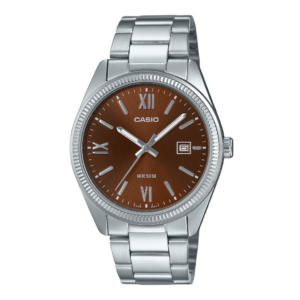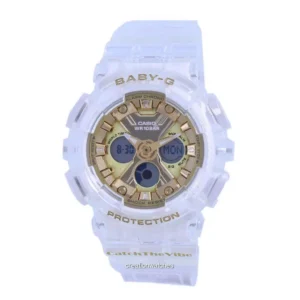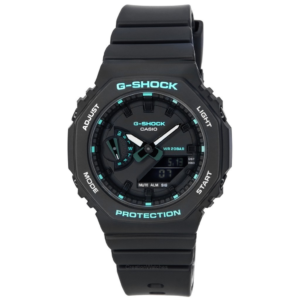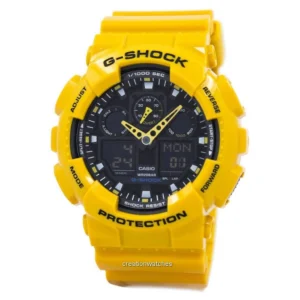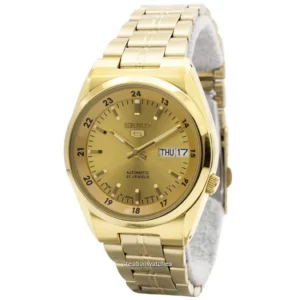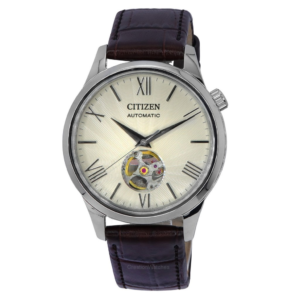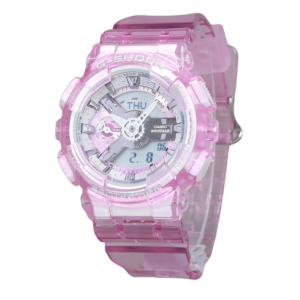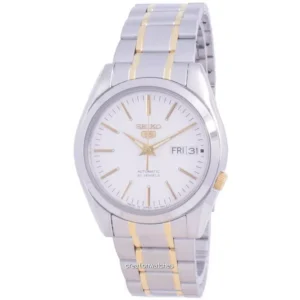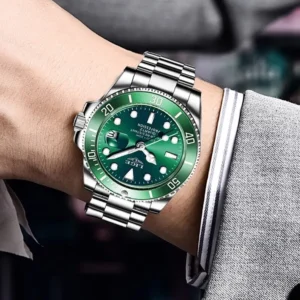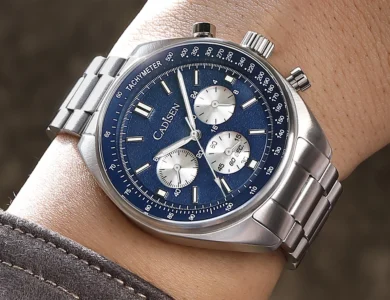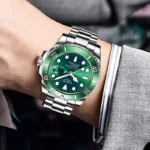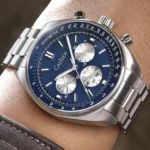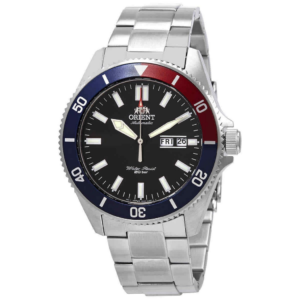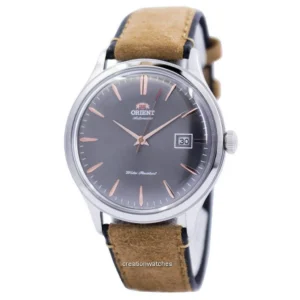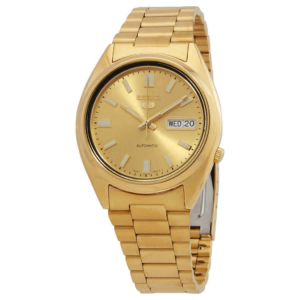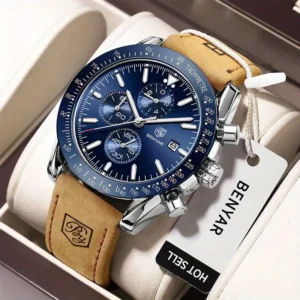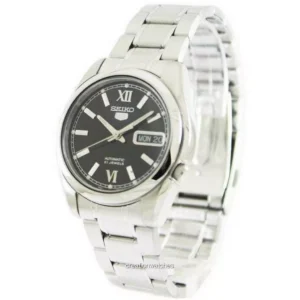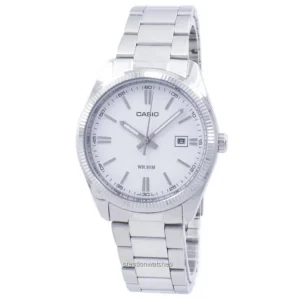Introduction
Watches are essential accessories for many people’s daily lives, both to keep track of time and as pieces of style and elegance. In the corporate world, choosing the right watch can make all the difference at a presentation or event. In this glossary, we will explore the different types of watches available on the market, their functions and how to choose the ideal model for each occasion.
Analog Clocks
Analog watches are the most traditional, with hands that mark the hours, minutes and seconds. They can come in a variety of designs, such as classic wristwatches or elegant pocket watches. Some models also have additional functions, such as a calendar and a chronograph.
Digital Watches
Digital watches display the time in numerical format, usually on an LCD or LED display. They are known for their accuracy and practicality, making them ideal for those who need to read the time quickly and easily. Some more advanced models also include functions such as an alarm, stopwatch and calendar.
Smart Watches
Smartwatches are technological devices that go beyond simply telling the time. They connect to the user's smartphone and offer a variety of features, such as message notifications, activity monitoring, and even contactless payments. They are ideal for professionals looking for practicality and technology.
Luxury Watches
Luxury watches are true works of art, made with noble materials and impeccable finishing. They are symbols of status and sophistication, and are highly appreciated at corporate events and special occasions. Renowned brands such as Rolex, Tag Heuer and Patek Philippe are known for their exclusive and collectible luxury watches.
Sports Watches
Sports watches are designed to withstand adverse conditions such as impacts, water and dust. They are ideal for professionals who practice physical activities or extreme sports, offering functions such as a stopwatch, GPS and water resistance. Brands such as Garmin, Suunto and Casio are references in this segment.
Wristwatches
Wristwatches are the most popular and versatile watch, and can be worn on a variety of occasions, from business meetings to formal events. They are available in a variety of styles, materials and sizes, allowing each professional to find the model that best suits their style and personality.
Pocket Watches
Pocket watches, also known as pendant watches, are classic and elegant pieces that date back to the 17th century. They are ideal for formal events and bring a touch of sophistication to the wearer's look. Some models have elaborate designs and are considered true jewels.
Automatic Watches
Automatic watches are powered by energy generated by the wearer's wrist movements, eliminating the need for batteries. They are prized for their precision and durability, and are considered true works of engineering. Brands such as Rolex, Omega and Seiko are known for their high-quality automatic watches.
Quartz Watches
Quartz watches are the most common type of watch today, and they operate on the basis of a quartz crystal that oscillates under an electric current. They are known for their accuracy and low maintenance, making them ideal for everyday use. Most modern digital and analog watches use this technology.
Mechanical Watches
Mechanical watches are powered by gears and springs, without the need for electricity or batteries. They are prized by collectors and watch enthusiasts and are considered true relics. Some models have intricate designs and are handcrafted.
Conclusion
In an increasingly connected and technological world, choosing the right watch for presentations and corporate events can make all the difference. Whether it’s a classic and elegant model or a modern and functional smartwatch, the important thing is to find the watch that best suits your style and needs. We hope this glossary has been useful in helping you make the right choice.

